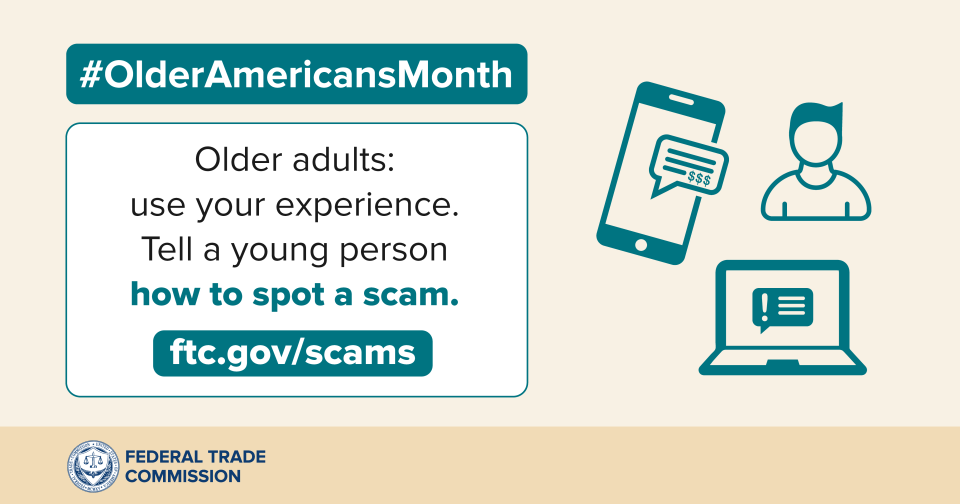|
Providing accurate and timely information about what matters in Franklin, MA since 2007. * Working in collaboration with Franklin TV and Radio (wfpr.fm) since October 2019 *
Saturday, October 14, 2023
How to avoid Medicare Open Enrollment scams
Thursday, October 5, 2023
MIAA reminder on growing trend of scams posing as legitimate sporting events
Thank you to @boston25 and the Better Business Bureau for the story on the growing trend of scams posing as legitimate video streams of events.
Be sure to look for links from official school accounts, the MIAA or NFHS Network. "Check before you click."
https://t.co/SWSDpGF1My
Shared from -> https://t.co/276vwiAuH1
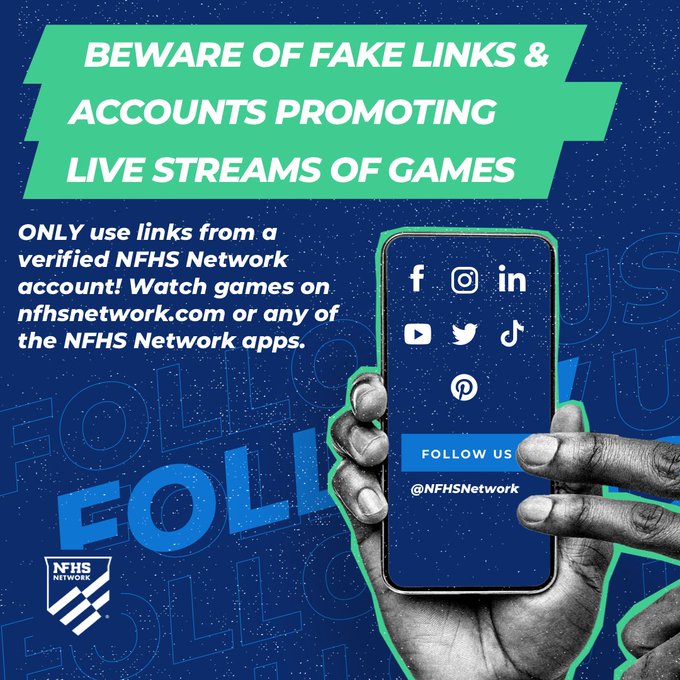 |
| MIAA reminder on growing trend of scams posing as legitimate sporting events |
Saturday, September 23, 2023
Children’s Health Insurance Program: Spot the scam
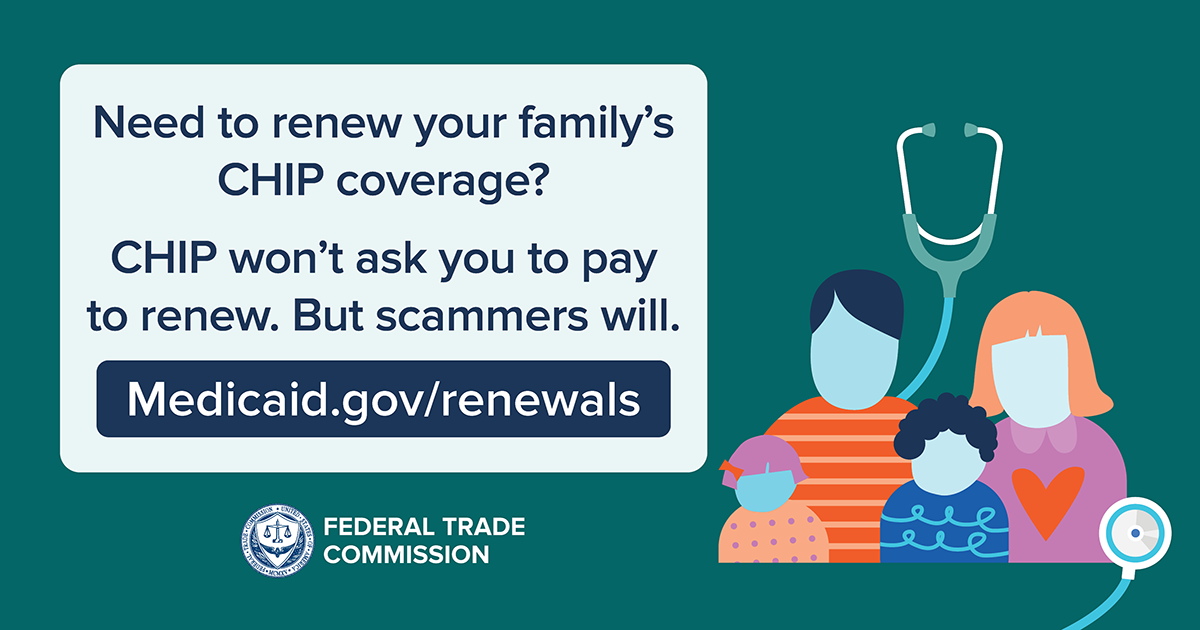 |
| Children’s Health Insurance Program: Spot the scam |
Sunday, September 17, 2023
Looking for a remote job for a cause you care about? Here’s how to know if it’s a scam
"If you’re looking for a remote job, you might be interested in companies that support a cause. But scammers know that and use your interest to draw you in. If, for example, you’re an LGBTQ+ person or ally, a job that says you can “help LGBTQ+ people in need from the comfort of your own home” might sound great. But what happens if you take that next step?Based on reports to the FTC, that LGBTQ+ non-profit looking to “hire fast” could be using common interest to build trust with you. If you’re invested in their cause, they hope you’ll be more willing to give personal information before they’ve told you anything about the job. Or you’ll be willing to deposit that check they sent you for “equipment costs” — and send some of the money on to someone else, or back to them. (These are both big signs of a scam.)"
Continue reading about this scam alert from the FTC -> https://consumer.ftc.gov/consumer-alerts/2023/09/looking-remote-job-cause-you-care-about-heres-how-know-if-its-scam
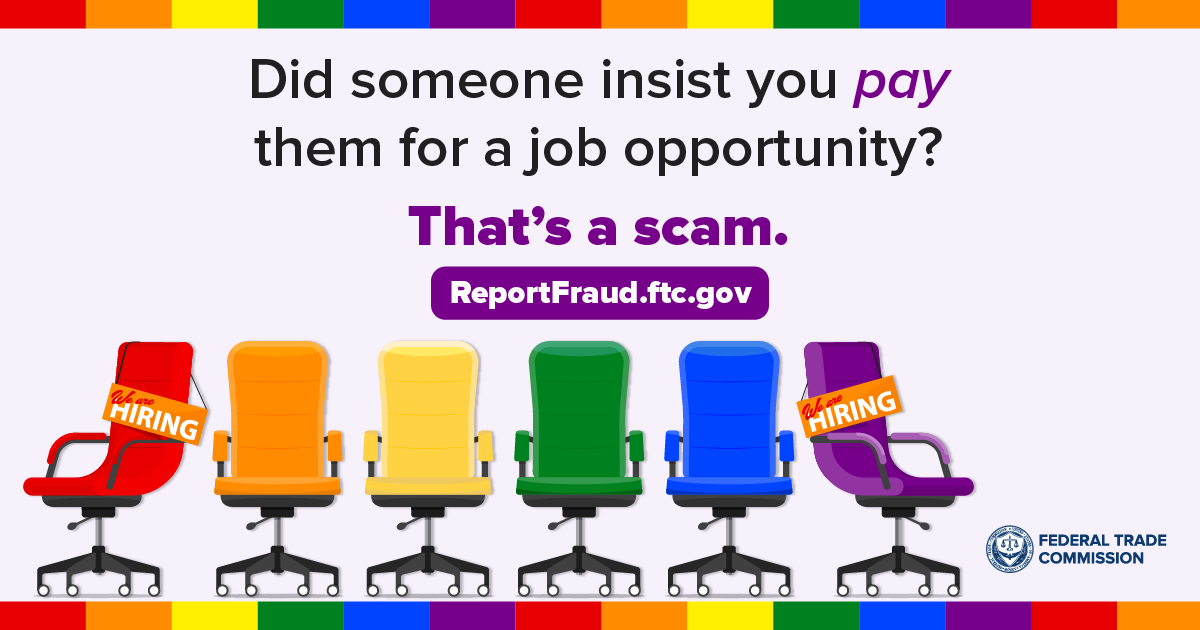 |
| Looking for a remote job for a cause you care about? Here’s how to know if it’s a scam |
Saturday, September 16, 2023
Pay your student loans — not scammers
"You've probably heard the news — federal student loan repayments are starting again in October. But scammers might try and tell you they can help you avoid repayment, lower your payments, or get your loans forgiven — for a price.
Here's how to spot and avoid these scams. Read more -> " https://consumer.ftc.gov/consumer-alerts/2023/09/pay-your-student-loans-not-scammers
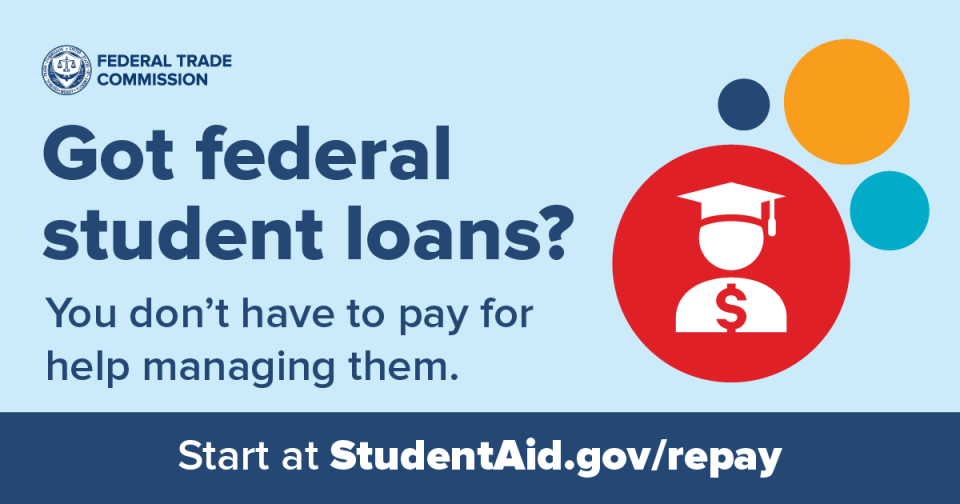 |
| Pay your student loans — not scammers |
Tuesday, August 29, 2023
FTC, State Partners Secure Proposed Order Banning Roomster and Owners from Using Deceptive Reviews
"The FTC says New York-based Roomster saturated the internet with tens of thousands of four- and five-star fake reviews that it largely bought from Jonathan Martinez, doing business as AppWinn, who already agreed to settle the FTC’s charges. Consumers who paid for Roomster’s service complained that many of the company’s listings for living arrangements were fake and that, contrary to its promises, Roomster failed to verify that its listings were legitimate and authentic, according to the FTC."
 |
| FTC, State Partners Secure Proposed Order Banning Roomster and Owners from Using Deceptive Reviews |
Tuesday, August 22, 2023
If you paid a scammer with a gift card, is your money gone? Maybe not
|
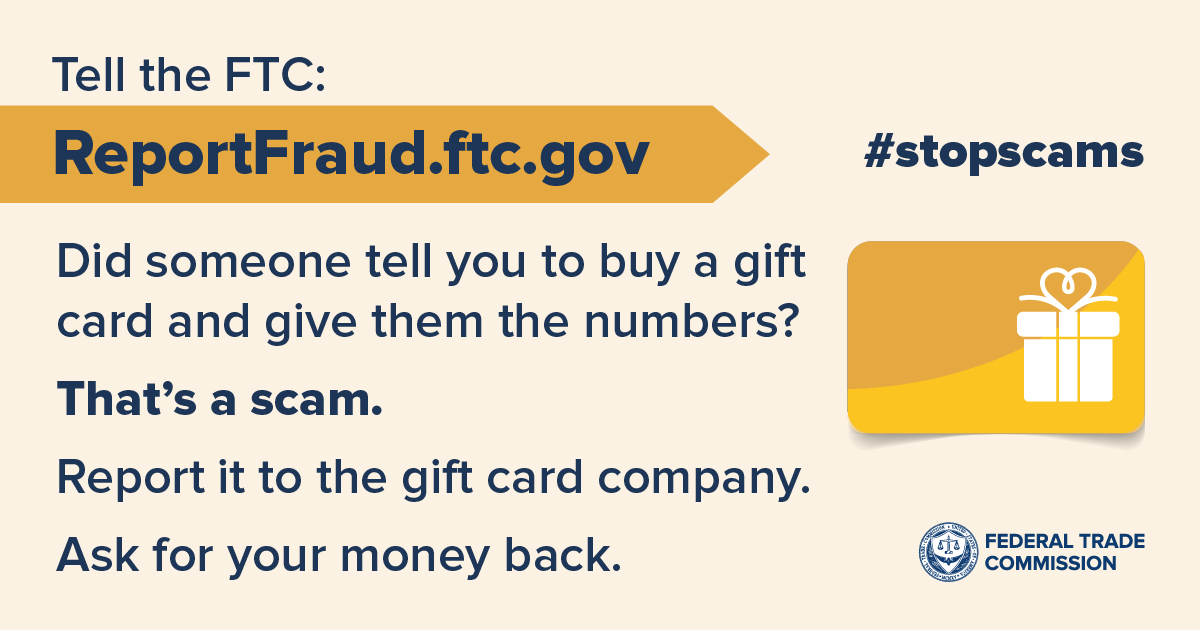 |
| If you paid a scammer with a gift card, is your money gone? Maybe not |
Sunday, August 20, 2023
The Guardian: "Gone in two transfers: the email scam that cost Australian homebuyers their life savings"
"Simon Elvins and his wife were excited – they had spent 10 years saving for their first home and they had finally got there. The New South Wales man had just been sent an invoice from his conveyancer, asking him to pay the first lot of his home deposit for a property in the Blue Mountains.In two transactions on 5 and 8 May, he sent the money and waited. After a few days, he had not heard back, so he emailed the conveyancers.After a back and forth with the conveyancers and the real estate agent over five days, they worked out what had happened – but it was too late. Scammers had intercepted the email, changed the account details on the invoice and stolen his deposit.With two quick transfers, Elvins lost $274,311.57."
 |
| Simon Elvins and his wife had spent 10 years saving for a deposit for their new home in the Blue Mountains only to lose nearly $250,000 to a payment redirection scam. Photograph: Dean Sewell/Oculi |
Tuesday, August 15, 2023
Do you use payment apps like Venmo, CashApp, or Zelle? Read this !!
|
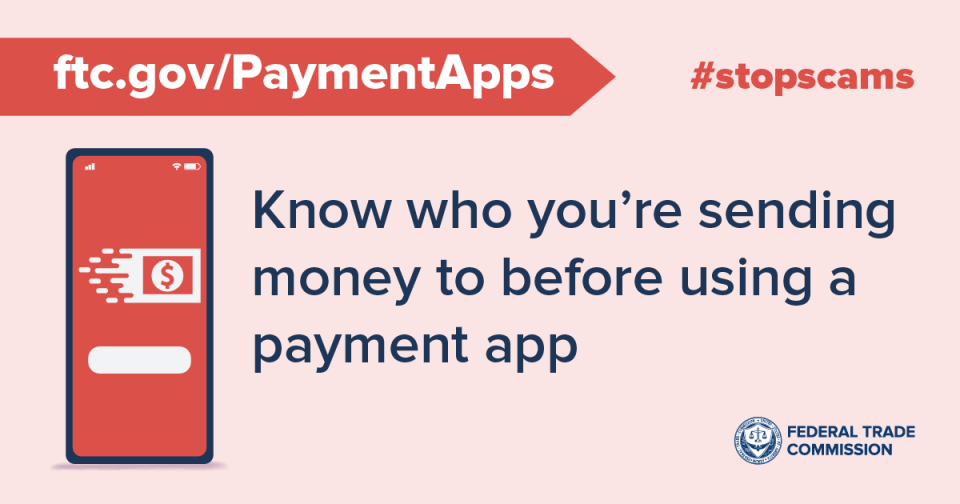 |
| Do you use payment apps like Venmo, CashApp, or Zelle? Read this !! |
Saturday, August 12, 2023
How to make sure your donations count when weather disasters strike
"Throw a dart at a map of the U.S. and chances are you'll land on a community that suffered severe weather this year. Whether it's landslides on the West Coast, extreme ice storms in the South, spring tornadoes across the Midwest, recent flooding in the Northeast, or the wildfires consuming the Hawaiian island of Maui, communities have experienced devastating losses ― and many are still recovering.
With any weather disaster, you may consider a charitable donation to help those affected. But how you can avoid charity scams?"
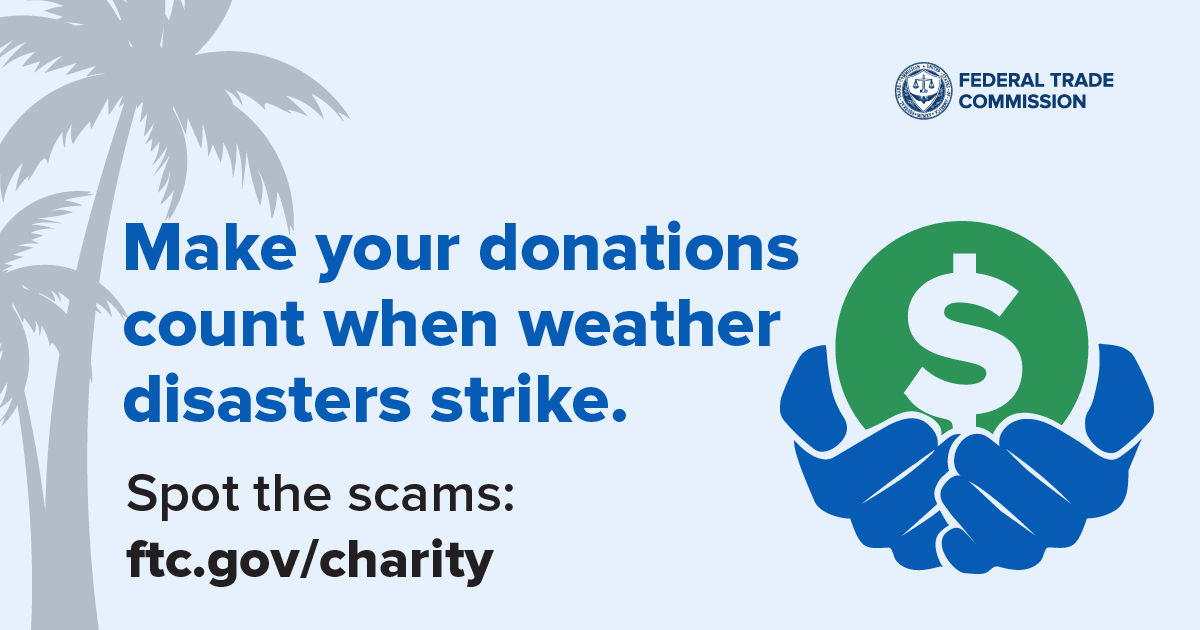 |
| How to make sure your donations count when weather disasters strike |
Wednesday, August 9, 2023
Scammers impersonate well-known companies, recruit for fake jobs on LinkedIn and other job platforms
|
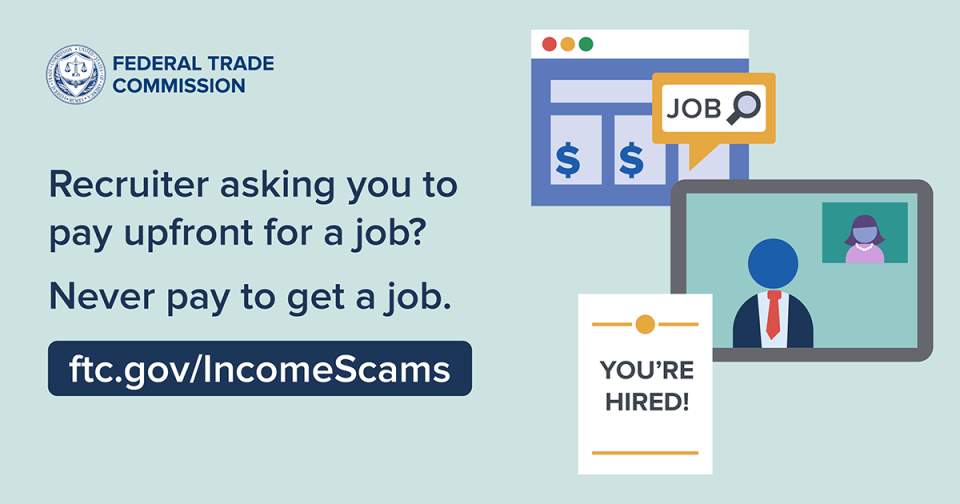 |
| Scammers impersonate well-known companies, recruit for fake jobs on LinkedIn and other job platforms |
Tuesday, August 8, 2023
Asked to wire money? Cut the cord
|
Video link -> https://youtube.com/shorts/gsTrV41neJU?feature=share
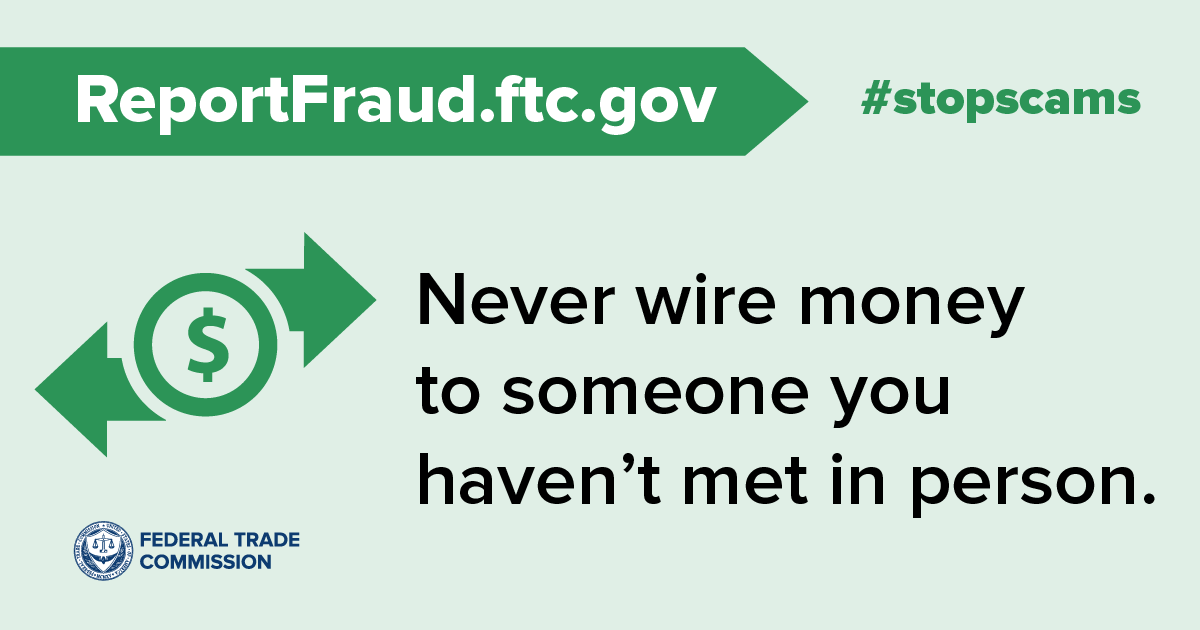 |
| Asked to wire money? Cut the cord |
Saturday, July 29, 2023
How to spot and avoid post-disaster scams in the Northeast
|
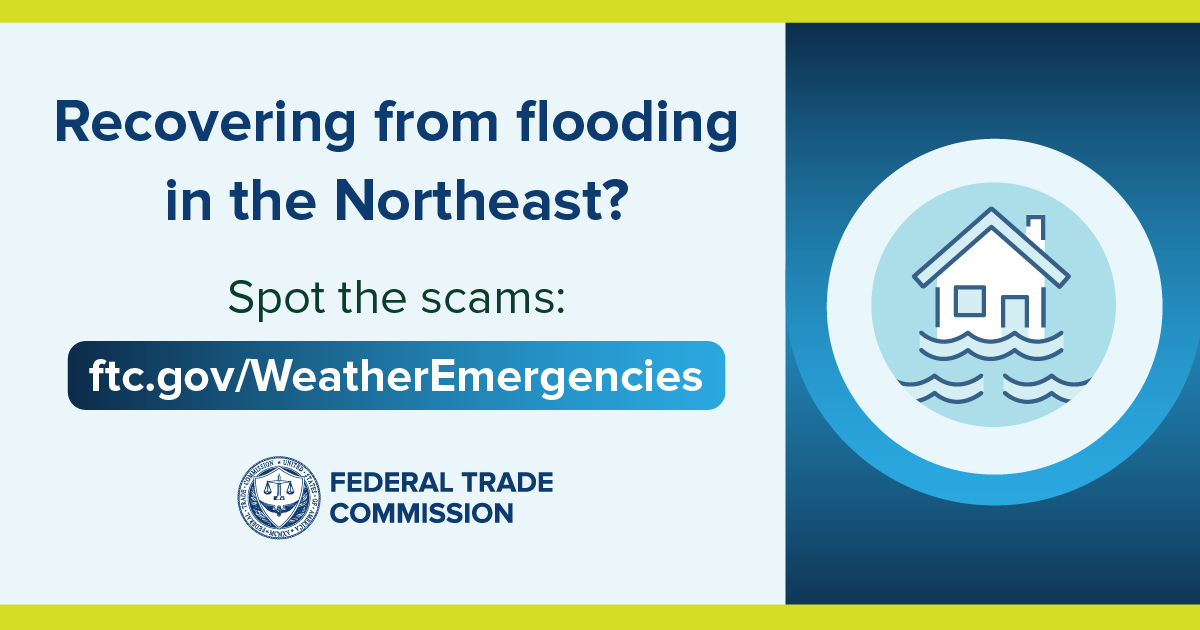 |
| How to spot and avoid post-disaster scams in the Northeast |
Saturday, July 22, 2023
Scammers impersonate delivery service support to rip off drivers and restaurants
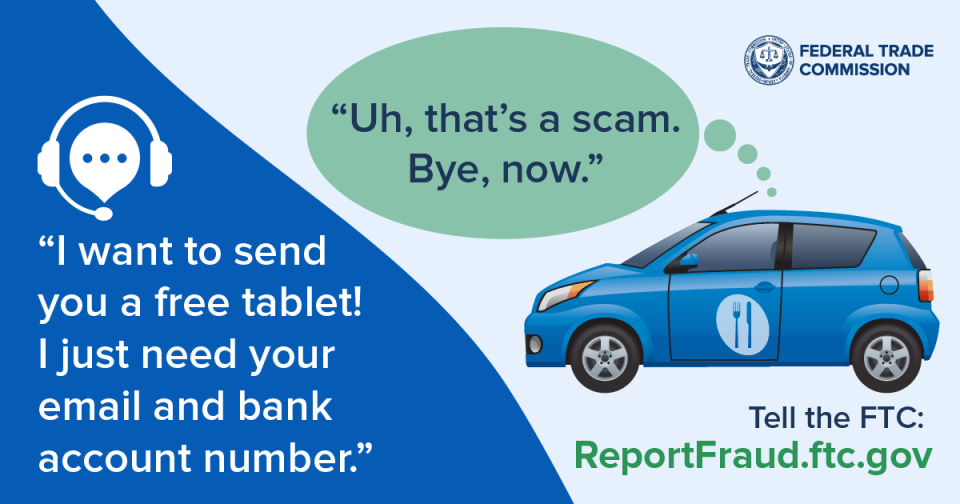 |
| Scammers impersonate delivery service support to rip off drivers and restaurants |
Wednesday, July 19, 2023
The best way to protect your information from scammers? Recognize a phishing scam
|
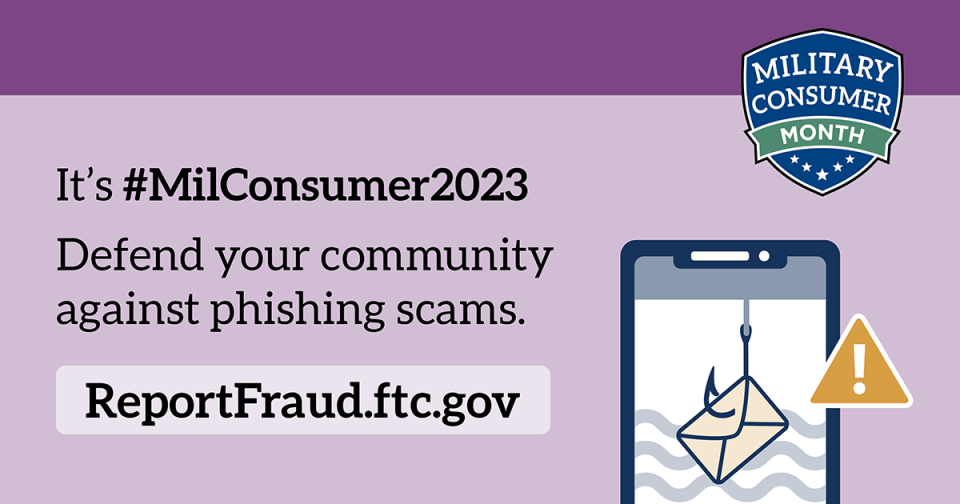 |
| The best way to protect your information from scammers? Recognize a phishing scam |
Friday, July 7, 2023
Federal Trade Commission: Military consumers and romance scams
|
 |
| Federal Trade Commission: Military consumers and romance scams |
Thursday, June 15, 2023
Business coaching and real estate investment scheme targets Spanish speakers
|
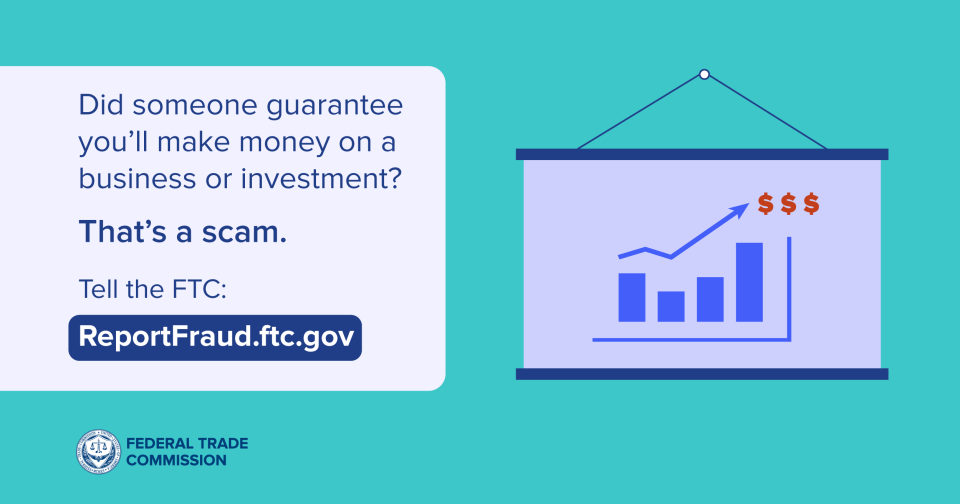 |
| Business coaching and real estate investment scheme targets Spanish speakers |
Friday, June 9, 2023
Have you been getting scammy text messages? How to deal with them!
|
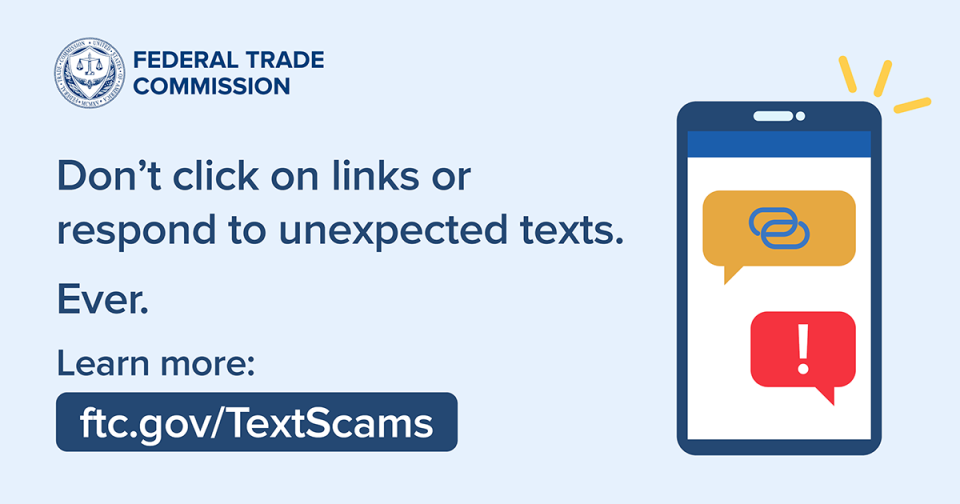 |
| Have you been getting scammy text messages? How to deal with them! |
Thursday, May 18, 2023
Scam proof the young people in your life
|
Sunday, March 26, 2023
FTC Action Leads to Lifetime Industry Ban for Operators of ‘Extended Vehicle Warranty’ Scam
"As a result of a Federal Trade Commission lawsuit, the operators of a telemarketing scam that called hundreds of thousands of consumers nationwide to pitch them expensive “extended automobile warranties” will face a lifetime ban from the extended automobile warranty industry and from all outbound telemarketing.
Under the terms of proposed court orders, three companies and their owners that were charged by the FTC with running the operation that scammed consumers out of millions of dollars would be permanently banned from participating in the extended automobile warranty market, as well as from any further involvement in outbound telemarketing.
“AVP misled consumers about who they were and what they were selling and called a large number of consumers who were on the FTC’s Do Not Call List,” said Samuel Levine, Director of the FTC’s Bureau of Consumer Protection. “Today’s order banning five defendants from the industry and imposing a monetary judgment of $6.6 million continues the Commission’s aggressive crackdown on telemarketing fraud.”
 |
| FTC Action Leads to Lifetime Industry Ban for Operators of ‘Extended Vehicle Warranty’ Scam |
